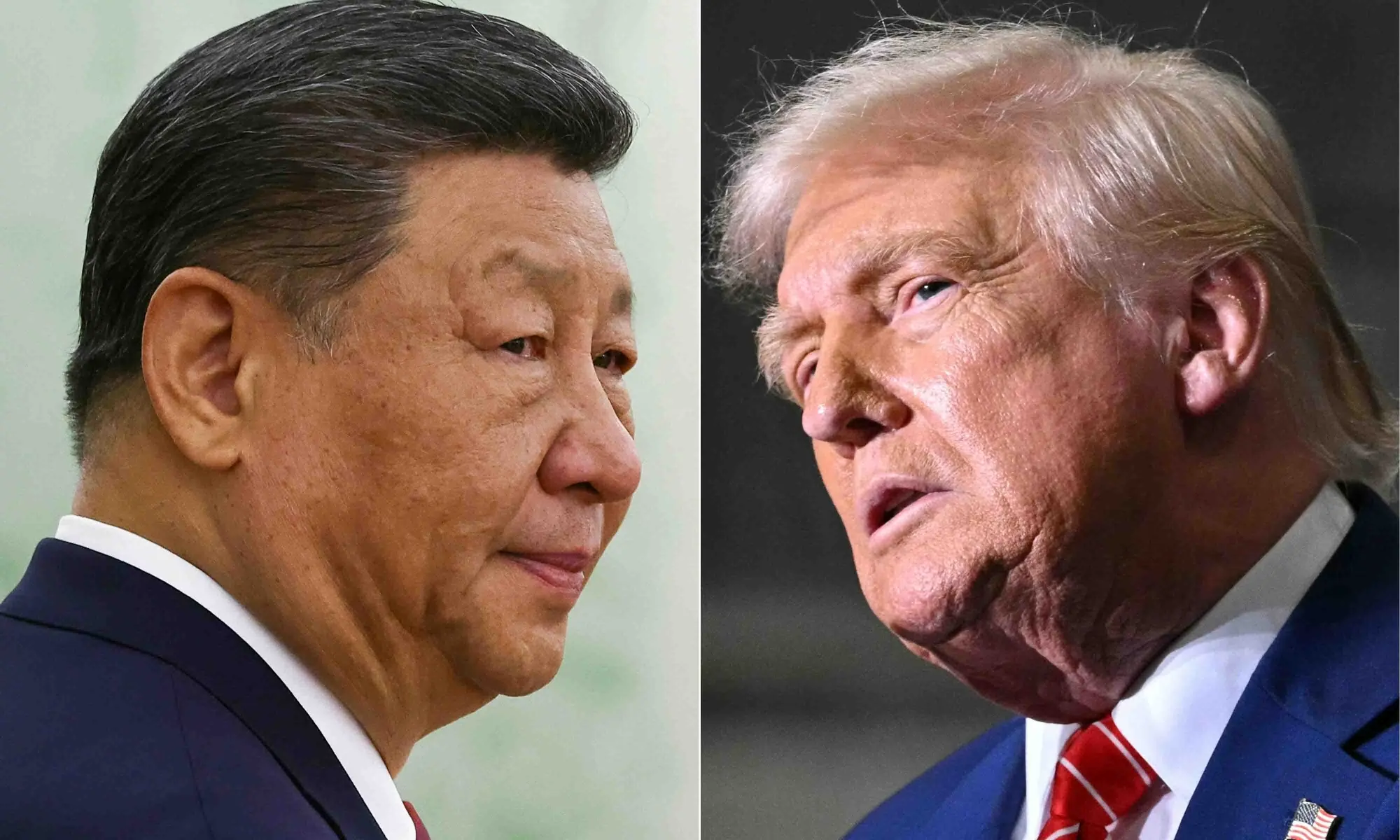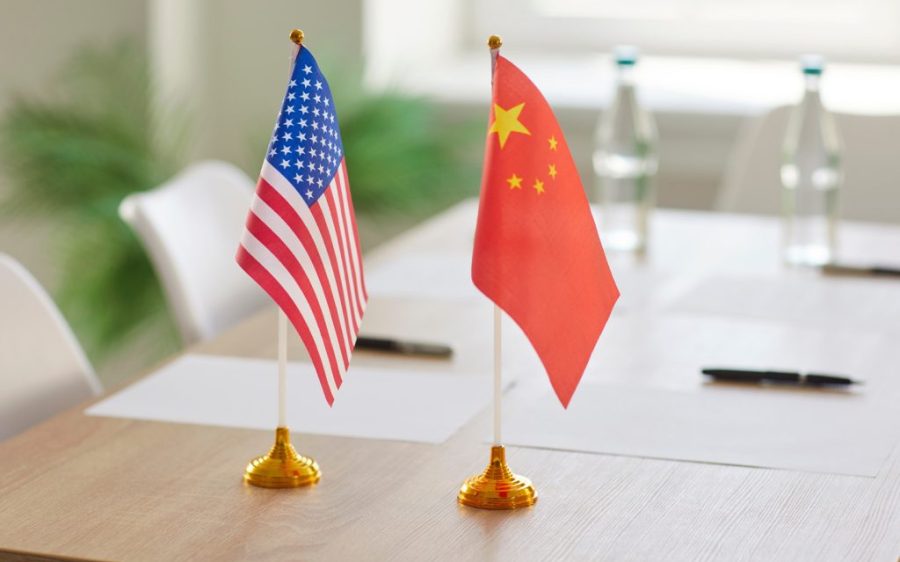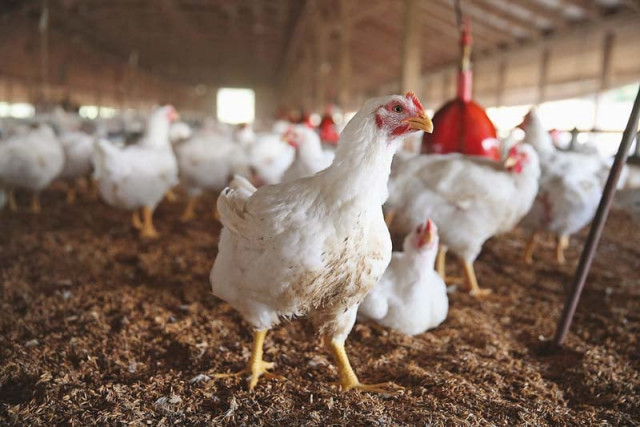On Saturday, China and the United States moved to ease fears of a renewed trade war as both economies agreed to another round of trade negotiations. Announcement of a new round of trade negotiations: China and the United States agreed to hold another round of trade negotiations next week. The decision comes as both nations …
US and China Agree to Resume Trade Talks Amid Rising Tensions Over Rare Earth Controls

On Saturday, China and the United States moved to ease fears of a renewed trade war as both economies agreed to another round of trade negotiations.
Announcement of a new round of trade negotiations:
China and the United States agreed to hold another round of trade negotiations next week. The decision comes as both nations attempt to prevent a new round of damaging tariffs that could further strain the global economy.
The announcement followed a high-level phone call between Chinese Vice Premier He Lifeng and US Treasury Secretary Scott Bessent, during which both sides had what Chinese state media described as “candid, in-depth and constructive exchanges.” According to Bessent, the two countries will meet in person next week to continue discussions.
Tensions over rare earth restrictions:
The renewed talks come after weeks of escalating friction. Last week, Beijing imposed sweeping controls on its rare earths industry, which produces materials essential for manufacturing everything from smartphones to electric vehicles and military equipment.
In response, Donald Trump threatened to impose 100 per cent tariffs on Chinese imports. He even suggested canceling his upcoming meeting with Chinese President Xi Jinping at the Asia-Pacific Economic Cooperation (APEC) summit in South Korea.
However, in a later interview with Fox News, Trump confirmed he would meet Xi after all. He said, “It’s not sustainable, but that’s what the number is. They forced me to do that.” His statement hinted at a willingness to negotiate despite the ongoing tension.
Efforts to avoid a trade war:
The agreement to resume dialogue is seen as a positive development after months of uncertainty. Both countries understand that another tit-for-tat tariff battle would damage global trade and investment.
The 2018–2019 US-China trade war, which saw billions of dollars in tariffs imposed by both sides, disrupted markets worldwide and caused economic slowdowns in Asia and beyond. Economists have warned that another similar conflict could push the global economy into further instability.
G7 nations coordinate response:
The United States has been working with its allies in the Group of Seven (G7) to form a coordinated response to China’s rare earth export controls. According to EU Economy Commissioner Valdis Dombrovskis, G7 finance ministers have agreed to diversify suppliers and share information as they work to reduce dependence on China’s rare earth materials.
Dombrovskis said, “We agreed, both bilaterally with the US and at the G7 level, to coordinate our approach.” However, he warned that diversifying global supply chains could take years, as China currently dominates the rare earth market.
German Finance Minister Lars Klingbeil also expressed hope that the Trump-Xi meeting at APEC could pave the way for a long-term resolution. He said, “We have made it clear within the G7 that we do not agree with China’s approach.”
Global calls for calm:
The International Monetary Fund (IMF) has also called for restraint. IMF Managing Director Kristalina Georgieva said on Friday that she hoped for a breakthrough between the two countries to cool trade tensions and stabilise global markets.
The US-China trade war reignited earlier this year, soon after Trump’s return to office, when both sides announced new tariffs that reached triple-digit levels. While some tariffs have since been reduced, their economic truce remains fragile.











